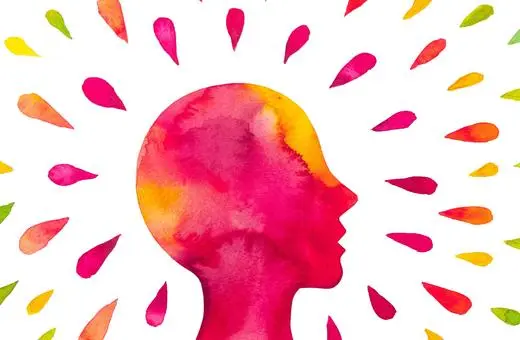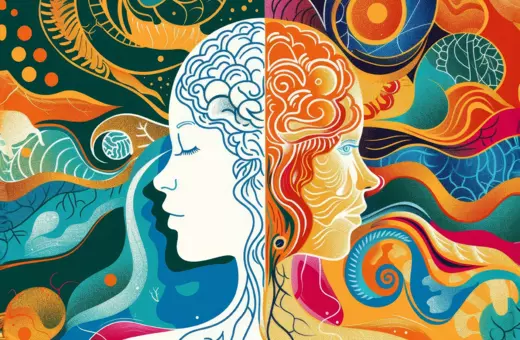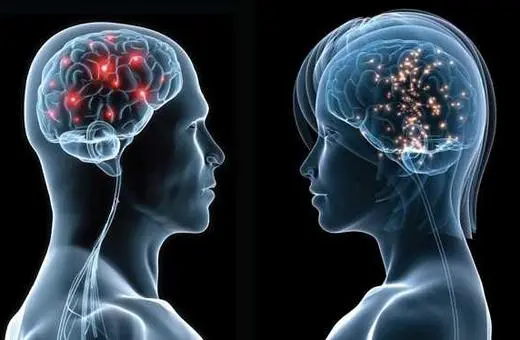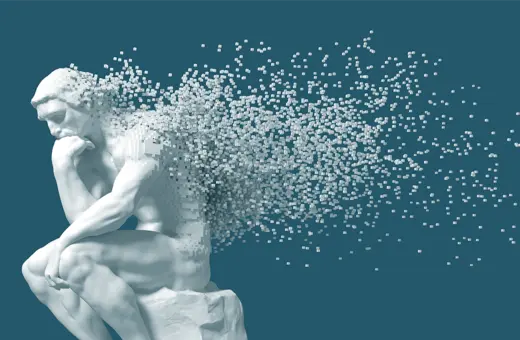Our worldview, our beliefs about what reality is, our views on what (if anything) has value and meaning, what Aldous Huxley called an ‘individual’s philosophy of life’, contributes more significantly than we often think to our mental well-being. From pessimism to existentialism, might reading certain philosophical ideas actually lead to depression? The connection is not so simple. Philosophy can both depress and inspire us. But, at the end of the day, our worldview matters – it matters what we think, writes Sam Woolfe.
The psychology of philosophy is a relatively new field. It refers to the relationship between psychological traits and philosophical beliefs. This field garnered significant attention recently with the publication of a new study from the psychologist David B. Yaden and the philosopher Derek E. Anderson.
Published in the journal Philosophical Psychology, this study asked 314 professional philosophers about their views regarding certain philosophical questions, and then assessed them for psychological factors, such as personality, mental health, and life experiences, as well as demographics.
Yaden and Anderson include at the beginning of their study a line from William James’ book Pragmatism (1907): “The history of philosophy is to a great extent that of a certain clash of human temperaments.” They include, too, an observation from Friedrich Nietzsche in Beyond Good and Evil (1886), in the section “On the Prejudice of Philosophers”, where he claimed that a philosopher’s particular view or position springs less from their disinterested search for truth than their instincts and personal life, which he or she then defends with post hoc rationalisations. As Nietzsche writes: “It has gradually become clear to me what every great philosophy up till now has consisted of––namely, the confession of its originator, and a species of involuntary and unconscious auto-biography.”
I do think it is true, to some extent, that disagreements in philosophy come down to a conflict between different personalities, preferences, desires, fears, life experiences, and states of mental health.
This line of thinking has definitely crossed my mind before. I do think it is true, to some extent, that disagreements in philosophy come down to a conflict between different personalities, preferences, desires, fears, life experiences, and states of mental health; even though many philosophers would like to think that philosophical arguments are purely rational.
The Connection Between Psychological Traits and Philosophical Beliefs
In their investigation, Yaden and Anderson found several associations between certain psychological traits and philosophical beliefs (although, interestingly, the authors discovered no substantial correlations between demographics or personality and specific philosophical views) Some correlations are unsurprising; such as theism and idealism being associated with having had a self-transcendent experience.
However, one interesting discovery is that philosophers who have used psychedelics and cannabis are more likely to have a more subjectivist view of morality and aesthetics (the view that there is no objective truth about what makes something ‘good’ or ‘beautiful’). Another is that hard determinism (the belief that human actions are wholly determined by the laws of nature and so genuine free will does not exist) is associated with lower life satisfaction and higher depression/anxiety.
The finding related to hard determinism and poorer mental health is particularly interesting to me, as I have previously explored the connections between philosophy and mental health.





















Join the conversation